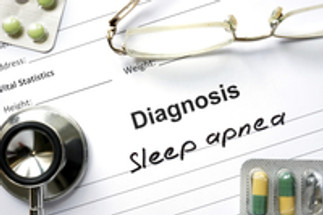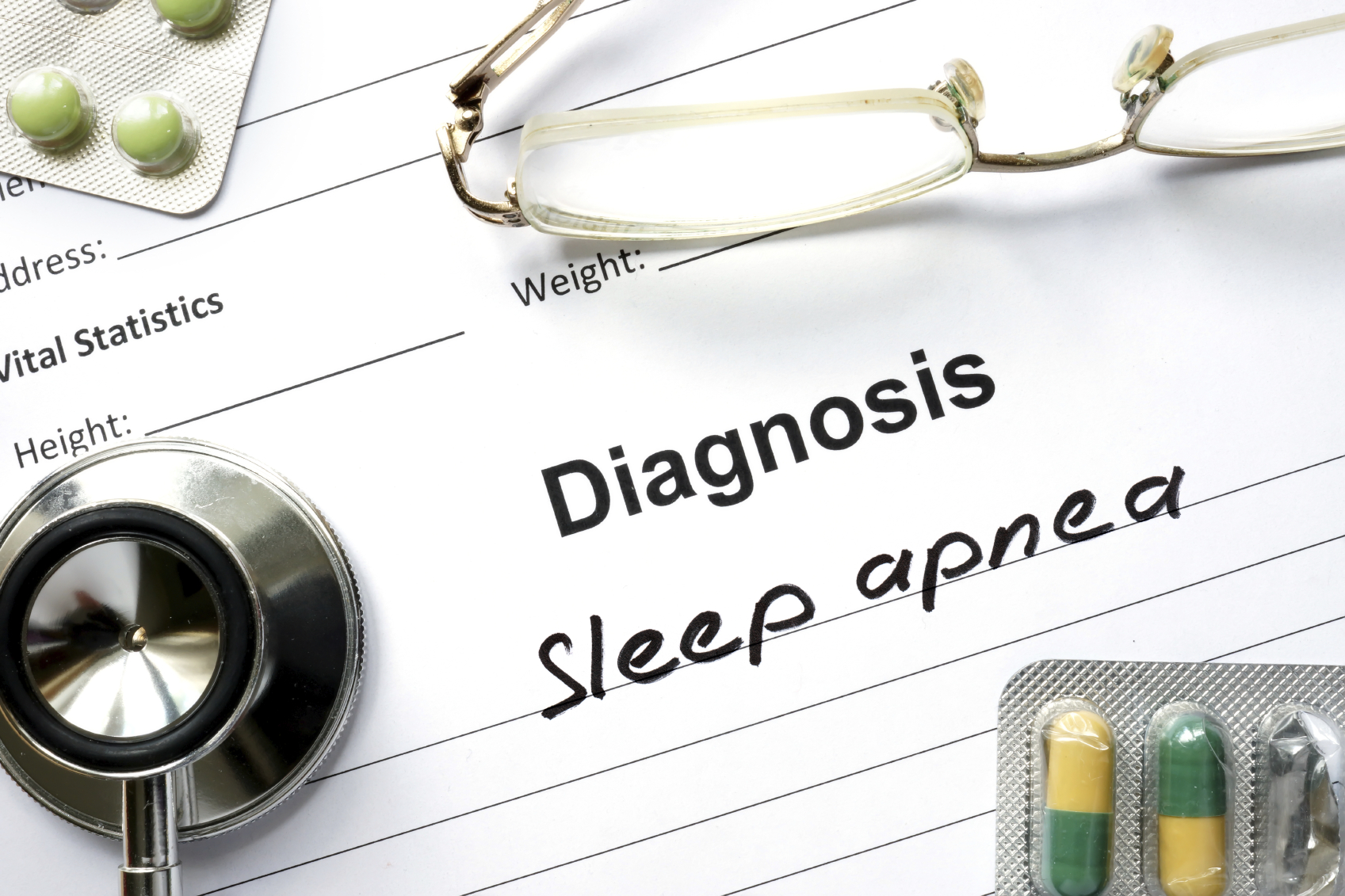Posted by Sierra Soleimani on May 26th 2016
How are Bruxism and Sleep Apnea Related?
If you go to the dentist because of suspected bruxism, chances are they’re going to recommend a night guard. While you definitely need to have a night guard to protect your teeth from grinding, it’s just the first step of treating bruxism.
To treat bruxism you must go beyond the night guard and address what is actually causing your bruxism. There are many possible causes for bruxism that should be considered when seeking treatment, of those is sleep apnea - one of the leading causes for bruxism.
What causes sleep apnea?
When you are in a deep sleep, all of the muscles in your body relax. This includes the throat, neck, soft palate, and jaw muscles that keep your airways open.
Normally, your throat stays open to allow airflow to the lungs. For some people, the muscles in their upper throat muscles relax, which causes the tissues to block the airway causing a stop in breathing.
This stop in breathing is called sleep apnea. In response, the brain tries to reopen by airways by grinding and clenching the teeth.
Other factors that increase risk for sleep apnea:
- Obesity
- Large tongue
- Large tonsils and adenoids
- Large neck
What to look for:
- Difficulty staying asleep
- Daytime fatigue
- Attention problems
- Loud snoring
- Waking up with a dry or sore throat
- Sore jaw in the morning
- Frequent headaches
Consequences of Untreated Sleep Apnea
If you are grinding your teeth as a result of sleep apnea, your sleep is suffering. You may be unconscious for eight hours, but that does not mean you’re getting quality sleep you need.
The constant grinding and tensing of the muscles keeps you from achieving a deep sleep. When your body is in a deep sleep the human growth hormone is released. This hormone is crucial for burning fat, tightening the skin, improving memory and fighting off diseases.
If left untreated, sleep apnea can put you at serious risk for high blood pressure, heart disease, stroke, diabetes, depression, anxiety, and weight gain.
Treatment
The first step to treating sleep apnea is to confirm that you actually have sleep apnea. Similar to bruxism, it can often go unnoticed in your sleep. Talk to your primary care physician about getting a referral for a sleep study. The sleep study will be able to accurately diagnose your level of sleep apnea.
In a recent study, researchers gave patients who suffered from sleep apnea and bruxism something to open the airways such as a sleep apnea night guard or a CPAP machine. As a result, the teeth clenching stopped.
A common misconception about sleep apnea is that is can be treated with any night guard. The unfortunate truth is that simply wearing a night guard is not going to help you. Night guards tend to push out the lower jaw which can block the airways.
Talk to your doctor about diagnosing your sleep apnea symptoms. The sooner you get diagnosed the closer you will be to a good night’s rest.



